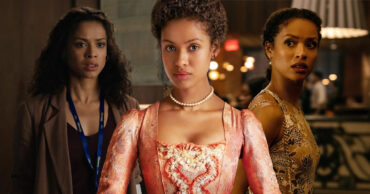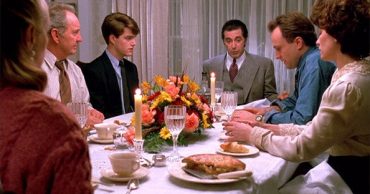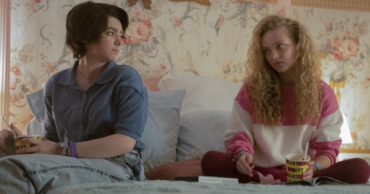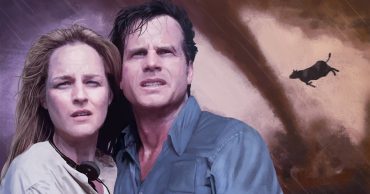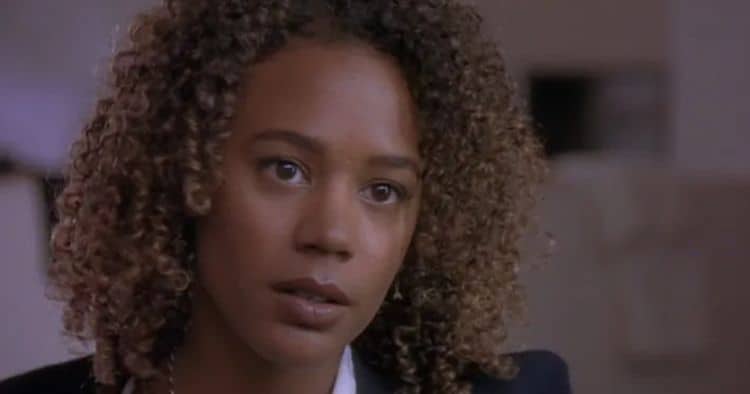
In terms of discrimination on the set of The Craft, it’s easy to follow the pack of folks that are going to jump on the idea that Rachel True was in fact discriminated against, but one has to look at the wording that is used in the many articles that describes how the character of Rachel was penned for a white teen to start with. Then one might have to go into the fact that it’s very easy to feel discriminated against when one is essentially on the bottom run of the talent ladder in the movie. Finally, the fact that this is Hollywood, not everyone is going to play nice, should be a minor factor, but a factor all the same since Rachel was the person that wasn’t as well known as many of the actors. The unfortunate truth is that she apparently didn’t get away with as much when it came to her character as the others did, but is anyone taking into account the idea that she was written in as someone that was slightly more respectful to others and that wanted acceptance, where the others weren’t quite as balanced? Probably not since many folks want to focus on the negatives, which are hard to miss since Rachel can recall not being able to do as much as her costars. And yet she does believe it was important to put her part in the movie and to deal overtly with racism as an issue. It wasn’t quite the same issue as those that were experienced by the others, but it’s definitely a little more meaningful in the long run. Perhaps this is why the original Craft is slightly better than the current version that’s out there. Also, the original version held the young witches accountable for their actions instead of setting up a patriarchal figure, such as the current movie has done.
To be fair, the character of Adam is pretty bad, but he gives the girls an antagonist to work against, where the original movie had the girls turning on each other, which might not present a great image in this day and age but might actually be a little more responsible since it would make one believe that the road to power is a slippery one and there’s no one to blame but yourself when things go awry. But with an antagonist, the girls get a kind of pass since he was responsible for the tragedy that split them apart. The Craft: Legacy didn’t really deal with racism though as the first movie did, since Rochelle had to deal with this in a very real and irritating manner. The method she used to get back at her oppressor, who was another woman no less, was pretty vindictive but probably made many people cheer at the time since it was effective and it was a way to get Rochelle noticed over her rival. When the power really started to affect the young women though, cruelty took the place of acceptance, as their frustrations and newfound ego combined to create monsters that were bound to turn on each other at any point. That’s the one thing that a lot of people don’t tend to understand at times since power is something that a lot of people want to some degree, but it’s something that can change even the timidest individuals when it’s embraced a little too tightly. As to Rachel’s lack of power on set behind the scenes, it’s hard to deny that she did experience discrimination, but in a big way, it feels as though she was getting the short end of the stick for being one of the least famous people there, and not because of what she looked like or who she was.
It’s hard to think of why any discrimination goes on when it comes to movies since everyone is there to work, everyone is there to make the project run smoothly, and no matter how famous or unknown someone is the idea is that everyone is working on the same movie and things need to run smoothly. Without that the process can only become harder and far less cooperative since some folks will find it necessary to walk if they really take issue with something. This was Rachel’s big chance to be in a movie though, so walking wasn’t an option for her, and it’s a good thing it wasn’t since he did play an important role in the movie. As for being discriminated against, it’s hard to say anything against it at this point since it happened and there’s no way to take it back. But what can be done has been done in a big way since as much as anyone wants to state that racism is still well and alive when it comes to a movie set, they’re probably right. But it’s not nearly as prevalent as it used to be.
 Follow Us
Follow Us
